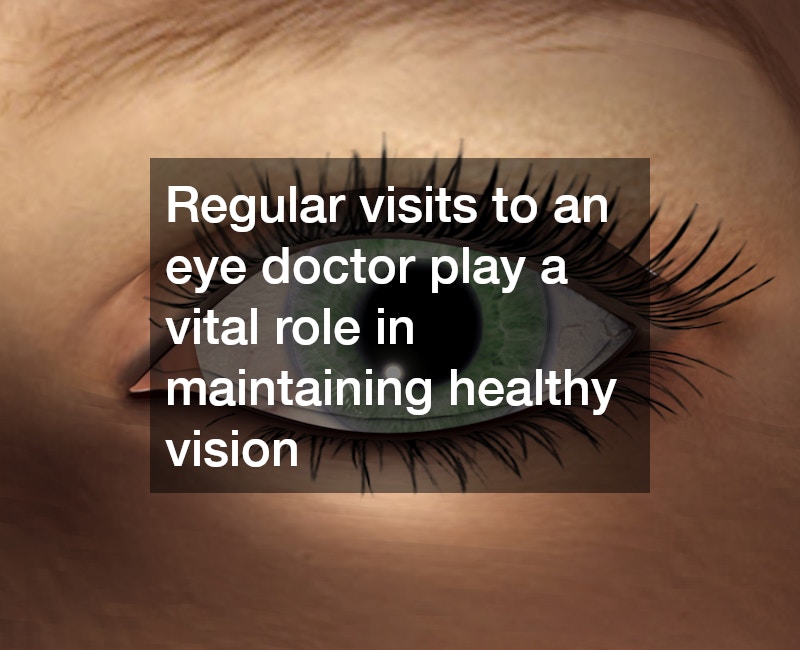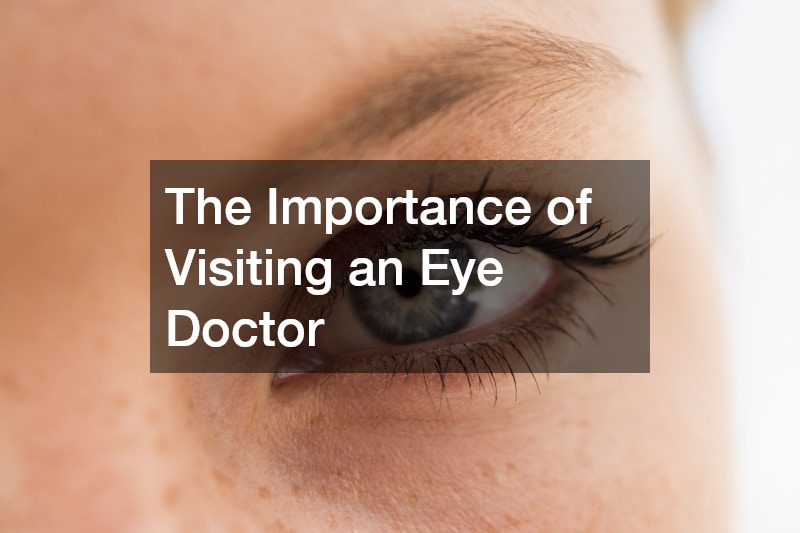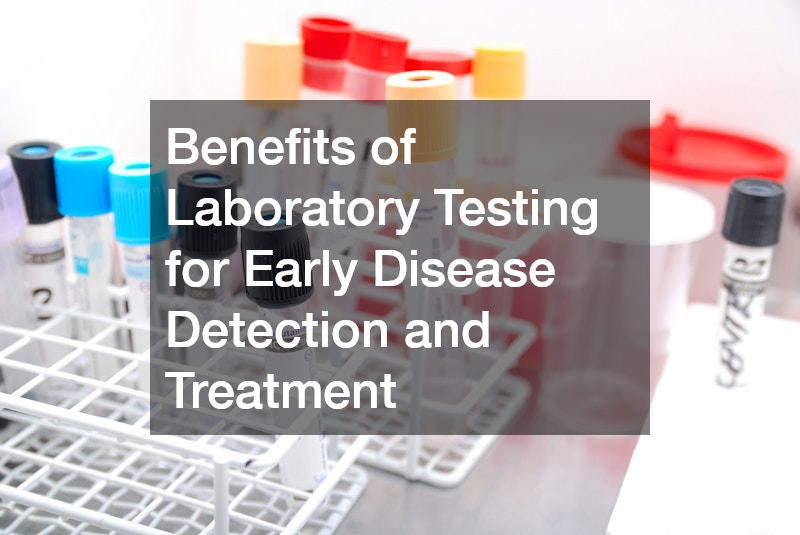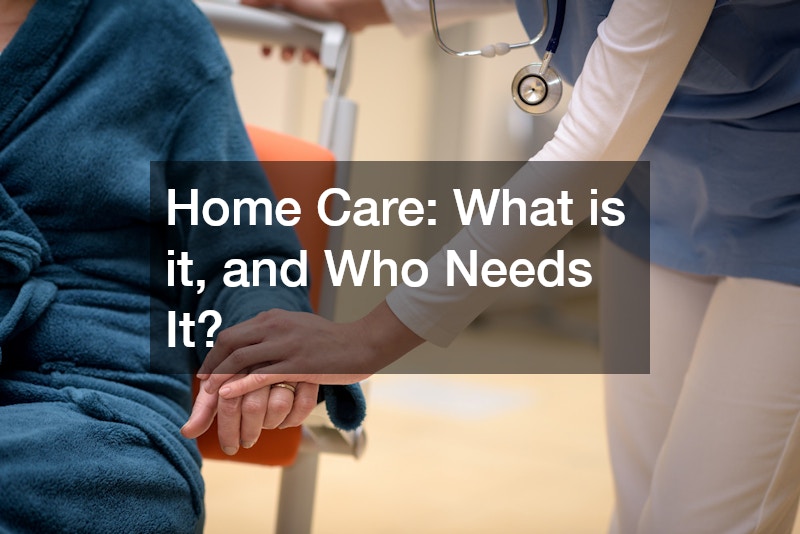Maintaining good eye health is essential for overall well-being. Regular check-ups with an eye doctor help prevent vision problems, detect early signs of eye diseases and ensure optimal eye function. Whether you have perfect vision or wear corrective lenses, visiting an eye doctor should be a priority.
Early Detection of Eye Diseases
Many eye conditions, including glaucoma, cataracts and macular degeneration, develop gradually and may not show symptoms in their early stages. An eye doctor can detect these issues before they progress, allowing for timely treatment and reducing the risk of permanent vision loss.
Regular screenings also help monitor existing conditions and adjust treatments as needed to preserve vision. Early intervention is key to preventing irreversible damage.
Maintaining Optimal Vision
Regular visits to an eye doctor ensure your prescription remains up to date if you wear glasses or contact lenses. Vision changes over time, and an incorrect prescription can cause headaches, eye strain and difficulty focusing. By seeing an eye doctor, you can maintain clear and comfortable vision. Additionally, an eye doctor can recommend solutions like progressive lenses, bifocals or specialty eyewear to enhance comfort and visual accuracy.
Preventing Digital Eye Strain
With increased screen time, digital eye strain has become a common concern. Symptoms include dry eyes, blurred vision and headaches. An eye doctor can recommend ways to reduce strain, such as adjusting screen brightness, using blue light filters and following the 20-20-20 rule (taking a 20-second break every 20 minutes to look at something 20 feet away). Specialised coatings on lenses, artificial tears and proper screen positioning can further alleviate discomfort. With more people working remotely, managing screen-related eye fatigue has never been more important.
Eye Exams for Children and Students
Children’s vision is crucial for learning and development. Undiagnosed vision problems can impact their performance in school. An eye doctor can identify and correct issues like nearsightedness, farsightedness or astigmatism, ensuring children have the visual clarity needed for academic success. Regular eye exams can also detect conditions like lazy eye (amblyopia) or eye misalignment (strabismus), which require early intervention for effective treatment. Proper eye care during childhood can prevent long-term visual impairments.
Eye Health and Overall Well-Being
Eye health is often linked to overall health. Conditions such as diabetes and high blood pressure can affect the eyes. Regular check-ups with an eye doctor can help detect these health concerns early, leading to better overall health management. Diabetic retinopathy, for example, is a leading cause of blindness but can be managed with early detection and proper medical care. An eye doctor can also detect signs of neurological diseases such as multiple sclerosis or even tumours based on changes in vision.
Customised Eye Care Solutions
Every individual has unique eye care needs. An eye doctor can provide personalised recommendations for eyewear, eye exercises and preventive measures based on lifestyle and eye health history. Whether you need specialised lenses for sports or treatment for dry eyes, an eye doctor can guide you toward the best solutions. Custom contact lenses, anti-glare coatings and vision therapy are among the many options available to improve eye health and function. Personalised care ensures long-term comfort and optimal vision.
Preventing Workplace Eye Injuries
For those working in industries with potential eye hazards, such as construction or manufacturing, protective eyewear is essential. An eye doctor can recommend safety glasses and other protective measures to prevent workplace eye injuries and ensure compliance with safety standards. Even office workers can benefit from advice on reducing eye strain caused by prolonged exposure to screens. Regular workplace assessments can help identify risks and implement strategies to maintain healthy vision.
The Role of an Eye Doctor in Age-Related Vision Changes
As people age, they may experience presbyopia (difficulty focusing on close objects), cataracts or other age-related vision issues. Regular check-ups with an eye doctor can help manage these changes and provide appropriate treatments to maintain quality of life. Advanced surgical options, prescription adjustments and lifestyle modifications can help older adults maintain independence and clear vision. Early detection of conditions such as macular degeneration can help slow progression and preserve eyesight.
Contact Lens and Eyewear Fitting
Improperly fitted contact lenses can lead to discomfort and eye infections. An eye doctor ensures contact lenses fit correctly and provides guidance on proper lens care. They also help select the best glasses for comfort, functionality and style. The right fit is essential to avoid eye strain, irritation and long-term complications like corneal damage. With advancements in lens technology, an eye doctor can provide options that enhance both comfort and performance.
The Impact of Nutrition on Eye Health
A healthy diet plays a crucial role in maintaining good vision. Nutrients such as vitamins A, C and E, along with omega-3 fatty acids, support eye health and reduce the risk of age-related macular degeneration and cataracts. An eye doctor can offer advice on foods to include in your diet, such as leafy greens, carrots, fish and nuts, to promote long-term eye wellness. A balanced diet can significantly reduce the likelihood of developing serious eye conditions.
Lifestyle Habits for Better Vision
In addition to regular eye exams, certain lifestyle habits can help maintain optimal vision. Avoiding excessive screen time, wearing sunglasses with UV protection, staying hydrated and not rubbing your eyes can all contribute to eye health. An eye doctor can recommend specific lifestyle adjustments based on your individual risk factors. Simple changes in daily habits can have a profound effect on maintaining clear and healthy vision.
Common Myths About Eye Care
Many misconceptions exist about eye health. Some people believe that sitting too close to the television damages eyesight or that wearing glasses makes vision worse. An eye doctor can debunk these myths and provide evidence-based guidance on how to take care of your eyes properly. Understanding proper eye care can prevent unnecessary worry and ensure optimal visual health.
The Connection Between Sleep and Eye Health
Getting adequate sleep is crucial for maintaining healthy eyes. Poor sleep can lead to dry eyes, eye strain and discomfort. An eye doctor can help identify if sleep deprivation is affecting your vision and recommend strategies to improve sleep quality for better eye health. Lack of sleep can also increase sensitivity to light and make focusing more difficult throughout the day.
How Stress Affects Vision
Chronic stress can lead to vision issues such as eye twitching, blurred vision and headaches. An eye doctor can provide guidance on stress management techniques and relaxation exercises to minimise the impact of stress on your eyes. Reducing stress can not only improve vision but also contribute to overall well-being.
The Benefits of Wearing Sunglasses
Exposure to UV rays can lead to serious eye conditions such as cataracts and macular degeneration. Wearing high-quality sunglasses with UV protection helps reduce the risk of sun-related eye damage. An eye doctor can recommend the best sunglasses for your specific needs, ensuring maximum protection. Investing in quality sunglasses is an easy yet effective way to maintain eye health.
When to Visit an Eye Doctor
Even if you do not experience noticeable vision problems, it is recommended to visit an eye doctor at least once every two years. However, those with existing eye conditions, diabetes or a family history of eye diseases may need more frequent check-ups. If you notice symptoms like frequent headaches, blurry vision or sudden eye discomfort, scheduling an appointment promptly can prevent further complications.
Regular visits to an eye doctor play a vital role in maintaining healthy vision and preventing potential eye diseases. From early detection of serious conditions to ensuring optimal visual clarity, an eye doctor provides essential care for people of all ages. Prioritising eye health contributes to overall well-being and enhances the quality of life. By taking proactive steps and following professional guidance, you can protect your vision and enjoy long-lasting eye health.
.





